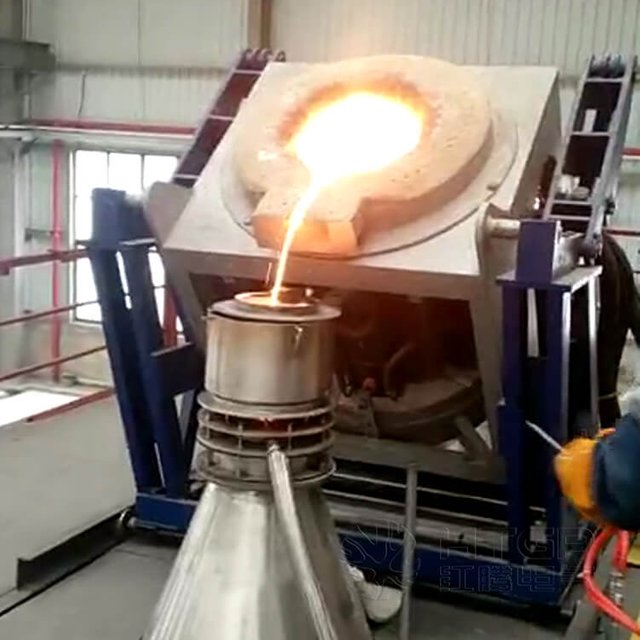The Role of Stainless Steel Furnaces in Sustainable Manufacturing
Sustainable manufacturing is a growing priority for industries across the globe. As companies strive to reduce their environmental impact and promote responsible practices, stainless steel furnaces have emerged as a crucial component in achieving sustainability goals. In this article, we will explore the significant role that stainless steel furnaces play in sustainable manufacturing and how they contribute to a greener and more efficient industrial landscape.

Energy Efficiency
Stainless steel furnaces are designed to maximize energy efficiency. They utilize advanced insulation materials and heating technologies to minimize heat loss and optimize energy consumption. By reducing energy waste, these furnaces help companies lower their carbon footprint and decrease operational costs.
Reduced Emissions
Compared to traditional furnaces, stainless steel furnaces emit fewer pollutants and greenhouse gases. The combustion process in stainless steel furnaces is carefully controlled, resulting in cleaner emissions. This not only improves air quality but also ensures compliance with environmental regulations.
Recycling and Waste Reduction
The stainless steel furnace facilitates the recycling and reuse of materials, contributing to the circular economy. They can handle a wide range of scrap metals and alloys, allowing manufacturers to melt and remelt materials, minimizing waste, and conserving resources. This closed-loop approach helps reduce reliance on virgin materials and promotes a more sustainable manufacturing model.
Durability and Longevity
Stainless steel furnaces are known for their durability and longevity. They are resistant to corrosion, erosion, and high temperatures, which extends their lifespan. This reduces the need for frequent replacements or repairs, resulting in less waste and lower resource consumption over time.
Heat Recovery
Stainless steel furnaces often incorporate heat recovery systems. These systems capture and repurpose waste heat generated during the manufacturing process for other applications, such as space heating or water heating. By utilizing this otherwise wasted energy, industries can further enhance their energy efficiency and reduce overall energy demand.
Integration with Renewable Energy
Stainless steel furnaces can be integrated with renewable energy sources, such as solar or wind power. By combining these clean energy sources with the heating capabilities of stainless steel furnaces, manufacturers can significantly reduce their reliance on fossil fuels and further decrease their environmental impact.
Sustainable Supply Chain
The production of stainless steel furnaces can align with sustainable supply chain practices. Manufacturers can source stainless steel from responsible suppliers who adhere to ethical and environmentally conscious mining and production methods. This ensures that the entire lifecycle of the furnace, from raw materials to end-of-life recycling, is conducted sustainably.
Conclusion
Stainless steel furnaces play a vital role in sustainable manufacturing by promoting energy efficiency, reducing emissions, enabling recycling and waste reduction, offering durability, facilitating heat recovery, integrating with renewable energy sources, and aligning with sustainable supply chain practices. As industries continue to prioritize sustainability, stainless steel furnaces will remain a key component in achieving environmentally conscious and socially responsible manufacturing operations.